My colleague, Andrea Ruth, posted just a short while ago on the decision by the Supreme Court to hear the case of President Trump’s ban on travel from six failed states or state sponsors of terrorism.
This is typical of the coverage:
The justices partly agreed with Trump and his lawyers, who argued that the Constitution and federal immigration laws give the chief executive broad power to restrict or suspend the entry of foreign individuals or groups into this country.
This is an understatement by half.
There are two major takeaways from the decision.
First, even though there was no split between circuits, that is, all appeals courts had come to, more or less, the same conclusion, that their dislike of Trump outweighed their duty to obey the law, the Supreme Court still took the case. In most instances, the Supreme Court will not take up a case where there is no difference between federal circuits.
Second, the Supreme Court tossed out the rulings of the lower courts and reinstated the travel ban except for “foreign nationals who have a credible claim of a bona fide relationship with a person or entity in the United States.” This means that spouses and family members from the six named nations would not be subject to the ban, and neither would university students or employees of companies located in the United States, but for refugees and all other travelers, the ban is reinstated. Essentially, this retains the second Executive Order as written as that order had a waiver provision for the same classes of persons as mentioned in the Supreme Court order. Here not only did a unanimous court decided to take on the travel ban case, it removed injunctions, an act that signals they think the government will succeed upon the merits.
IANAL, but, significantly, the order ignores the rather bizarre exercise in the exegesis of campaign statements of Trump. They also summarily dismiss the equally bizarre notion that the Executive has little to no discretion in how to administer immigration laws. The SCOTUS order seems to signal that the lower court decisions to limit the ability of the Executive to manage travel to the United States were overreach:
[T]he Government’s interest in enforcing §2(c), and the Executive’s authority to do so, are undoubtedly at their peak when there is no tie between the foreign national and the United States.
…
To prevent the Government from pursuing that objective by enforcing §2(c) against foreign nationals unconnected to the United States would appreciably injure its interests, without alleviating obvious hardship to anyone else.
There are also hints of three solid votes, Gorsuch, Thomas, and Alito, for a complete overturning of the lower court decisions. In their concurrence, they note that the standard for overturning the injunctions is that the government is likely to prevail oh the merits. And they would not have permitted the hair-splitting among classes of travelers.
The Government has satisfied the standard for issuing a stay pending certiorari. We have, of course, decided to grant certiorari. See ante, at 8–9. And I agree with the Court’s implicit conclusion that the Government has made a strong showing that it is likely to succeed on the merits—that is, that the judgments below will be reversed. The Government has also established that failure to stay the injunctions will cause irreparable harm by interfering with its “compelling need to provide for the Nation’s security.” Ante, at 13. Finally, weighing the Government’s interest in preserving national security against the hardships caused to respondents by temporary denials of entry into the country, the balance of the equities favors the Government. I would thus grant the Government’s applications for a stay in their entirety.
In their concurrence, they say that the Court’s decision is simply not workable and will bog down the government and the courts in adjudicating a large number of individual exceptions.
There is a chance that the Court will render the issue moot as the ban is only for 90-days, but the significance of the issue is such that the Court may decide that it has to set clear rules for future situations.

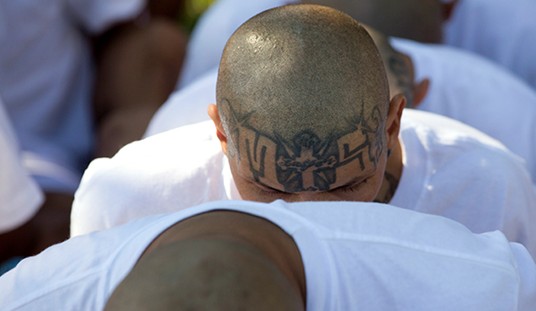

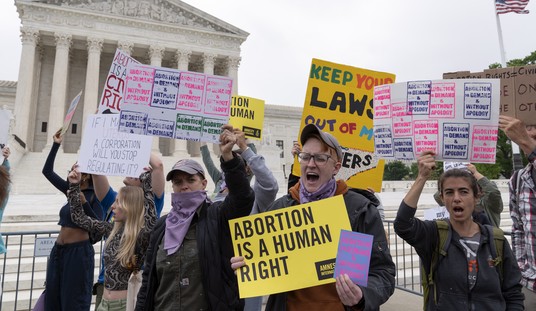
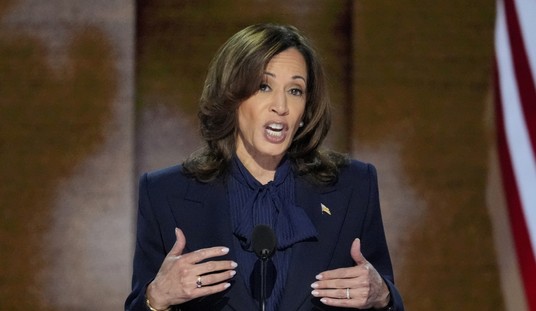

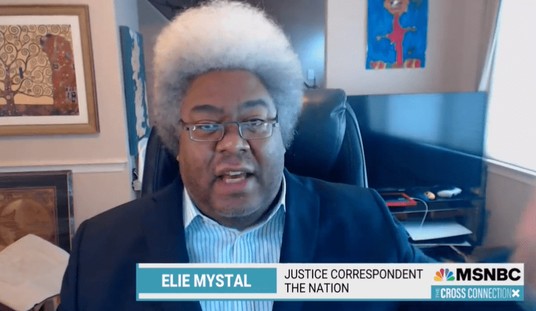


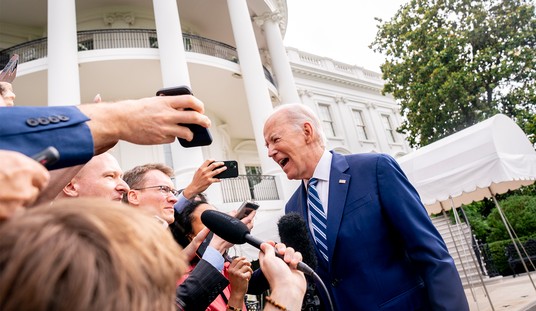



Join the conversation as a VIP Member